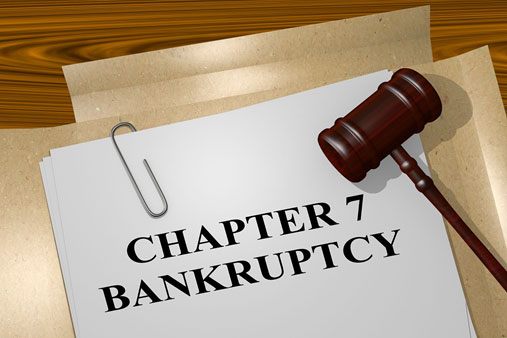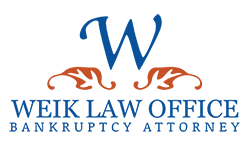GET HELP TODAY
Filing for Chapter 7 bankruptcy in Raleigh gives you the chance to eliminate some or majority of your debt. But what exactly are the dischargeable debts covered by Chapter 7 bankruptcy? Here is a brief discussion to guide you.

How a Discharge Works
A discharge serves to protect the debtor by preventing the creditor from taking further collections. It legally rids the debtor of the personal liability to pay off the debts that have already been discharged.
However, it is important to note that there are certain obligations that cannot be discharged. A valid lien still applies against a property, which has not been covered by the bankruptcy. This is called secured debt. A secured creditor may impose the claim to recover the property that you have incurred voluntarily. Most of the time, those who file for Chapter 7 bankruptcy will get a discharge at the end of the case. This is usually granted 60 days or four months following the 341(a) Meeting of Creditors.
Two Types of Debt
To give you an idea of which debts are covered when you file for Chapter 7 bankruptcy, here are the two broad classifications of debts.
- Pre-filed debt – This refers to all obligations you incurred before filing for bankruptcy. The court discharges all pre-filed debts, including personal loans and credit card balances.
- Post-filed debt – This pertains to the bills that you incur after filing for bankruptcy. Whether you file for Chapter 7 or Chapter 13 bankruptcy, you are responsible for the payment of balances after the first filing date, even if the case is not over.
Note: It is the duty of the creditor to verify your application for bankruptcy once you have informed them. If a creditor contacts you after you file with any of the Chapter 7 bankruptcy lawyers in Raleigh, NC, give your case number and the filing date, and they shall stop calling you. If calls persist, the creditor will be subject to sanctions.
Dischargeable Debts
The Bankruptcy Code lists 19 categories of debt that could be discharged and those that cannot be. Of the dischargeable debts, the ones below are the most common:
- Credit card charges
- Personal loans
- Medical bills
- Student loans, only if undue hardship is proven
- Car accident claims, except for drunk driving
- Business debts
- Overpayments of social security
- Unpaid taxes and penalties within a certain period
Get Help from the Bankruptcy Team that Cares
To make sure that Chapter 7 bankruptcy is your best option, consult with an attorney that understands your financial situation. The Weik Law Office has assisted clients in over 15,000 bankruptcy cases in a span of 20 years, making Weik Law Office and their team a trusted name in the community.
Call us now at 919-845-7877 for a free professional consultation with the top Chapter 7 bankruptcy lawyer in Raleigh.
